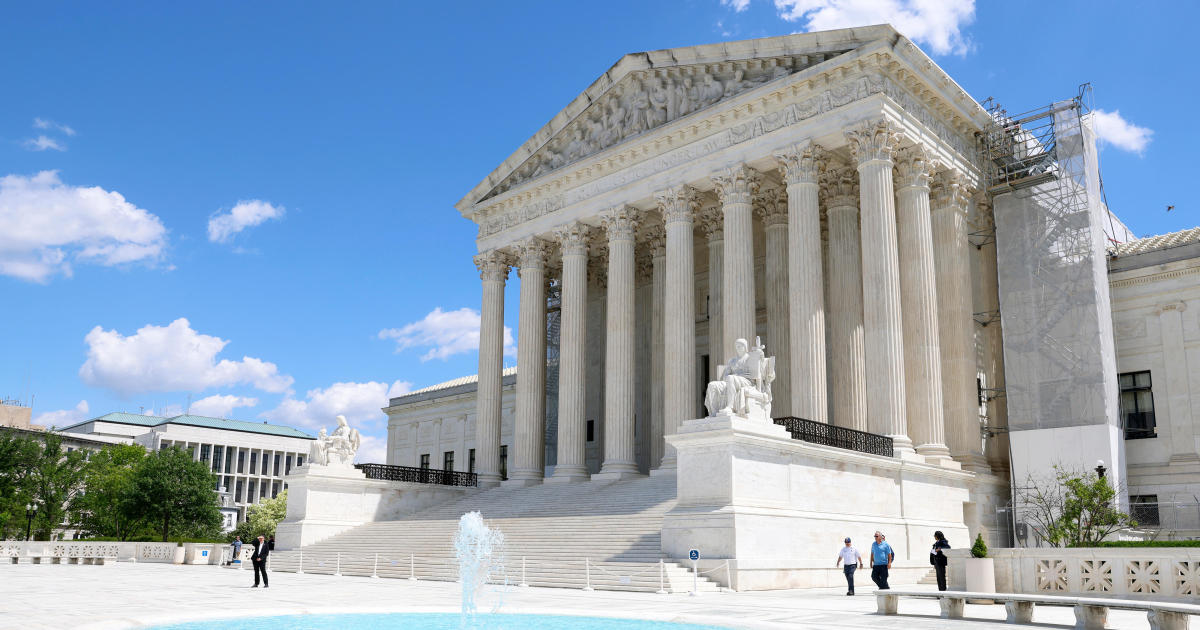The Supreme Court’s conservative majority appeared open to recognizing some level of immunity from federal prosecution for the official acts of former presidents as they heard arguments in a dispute critical to former President Donald Trump’s 2020 election case. While the court expressed skepticism toward Trump’s argument for absolute immunity from charges related to his conduct while in office, several conservative justices signaled that a former president should be shielded from criminal charges for certain actions undertaken within the duties of their office. The court may send the dispute back to lower courts to determine whether Trump’s alleged actions surrounding the 2020 election were taken as an office-seeker or office-holder.
Trump faces four criminal counts related to an alleged scheme to subvert the transfer of presidential power after the 2020 election, to which he has pleaded not guilty. Special counsel Jack Smith, who brought the charges, attended the arguments. The justices grappled with the question of whether presidential immunity extends to criminal prosecution for acts committed by a former president while in office. The liberal justices warned that granting immunity could embolden sitting presidents to commit crimes, while the conservative justices expressed concerns about future presidents facing criminal charges.
The outcome of the legal battle will determine whether Trump’s case heads to trial, and a decision is expected by the end of June. If the Supreme Court rules in Trump’s favor, his federal prosecution in Washington would come to an end. However, if the court sides with the special counsel, proceedings in the case could resume. The arguments were the last of the current Supreme Court term, which included several disputes involving Trump, such as a ruling that states cannot keep him off the 2024 ballot based on the 14th Amendment.
During the arguments, the justices focused on what constitutes an official act performed by a president and whether such actions could lead to criminal charges. Trump’s attorney argued that certain conduct described in the charges, like hiring private attorneys and implementing post-election campaign plans, are private acts. The court discussed the implications of granting immunity to former presidents and the potential for future misuse of criminal charges against political opponents. The special counsel argued that Trump engaged in a criminal conspiracy to hold onto power through fraudulent means.
The case against Trump has been on hold while the immunity matter is being litigated. His legal team has argued that presidents should not face criminal charges for their official acts, while the special counsel contends that Trump’s actions were part of a private scheme to remain in power. The Supreme Court’s decision will have broad implications for the presidency and the rule of law, with justices considering whether a former president can be prosecuted for conduct that occurred while in office.









